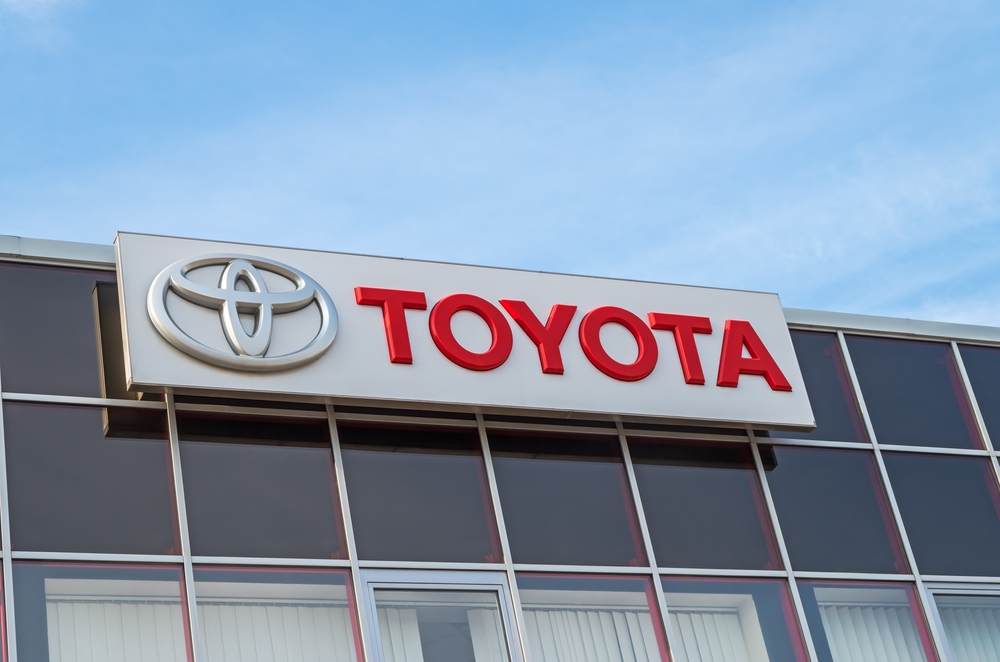The new portable hydrogen cartridges are designed to be lightweight and easy to carry.
Others are reading now
For years, the debate about the future of transportation has centered around two competing technologies: battery electric vehicles (BEVs) and hydrogen fuel cell vehicles (FCEVs).
Pioneers in Hydrogen Technology
While battery-powered cars have garnered significant attention and market share, hydrogen technology has remained in the background due to limited infrastructure and various technical challenges.
However, Toyota, a pioneer in hydrogen technology with its Mirai model, is poised to change the landscape with a groundbreaking idea: portable hydrogen cartridges.
This innovative concept has the potential to make hydrogen more accessible and versatile, enhancing its appeal for both automotive use and other applications, according to motor.
Also read
Portable Hydrogen Cartridges
Toyota has long embraced a multi-technology strategy, combining hybrid, electric, and hydrogen vehicles to create a sustainable mobility ecosystem.
The new portable hydrogen cartridges are designed to be lightweight and easy to carry, addressing one of the greatest hurdles for hydrogen: the lack of refueling infrastructure.
Users can carry these cartridges like a backpack and connect them directly to their vehicles for quick refills, alleviating concerns about finding hydrogen stations.
The feasibility of this concept is supported by the lightweight nature of hydrogen.
A liter of liquid hydrogen weighs just 0.0708 kg (0.156 pounds), meaning a 140-liter tank, like the one in the Toyota Mirai, would weigh around 10 kg (22 pounds) while providing a range of approximately 653 km (405 miles) on the WLTP cycle. This means individuals could easily transport enough hydrogen to drive hundreds of miles.
Moreover, these portable tanks could also power household appliances, such as a hydrogen stove developed in partnership with Rinnai, broadening hydrogen’s potential uses beyond vehicles.
While battery electric vehicles currently dominate the market, hydrogen offers several advantages, including zero carbon emissions and rapid refueling times. Toyota’s innovative approach could reinvigorate interest in hydrogen technology, challenging the prevailing dominance of battery-powered cars.


